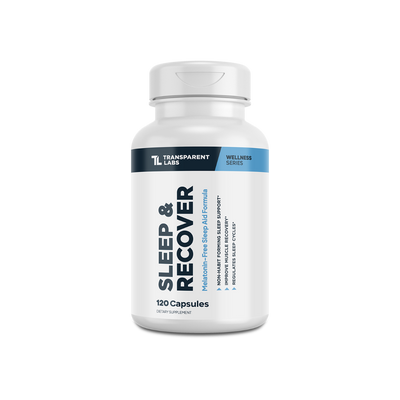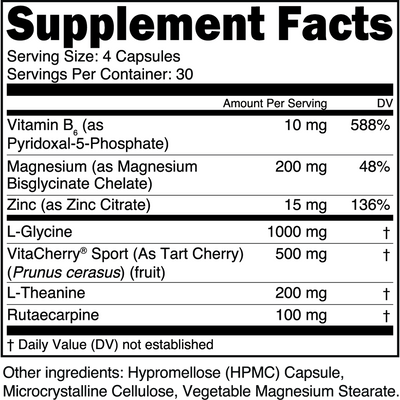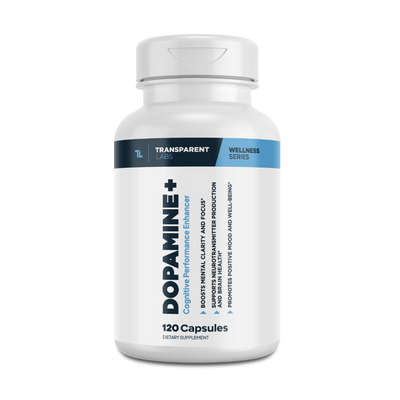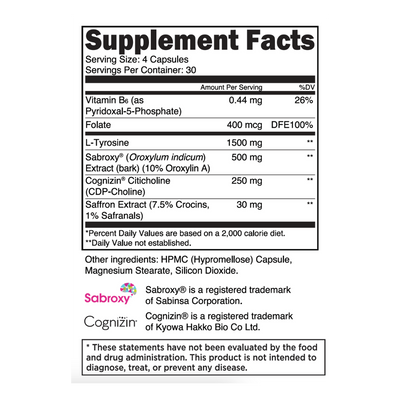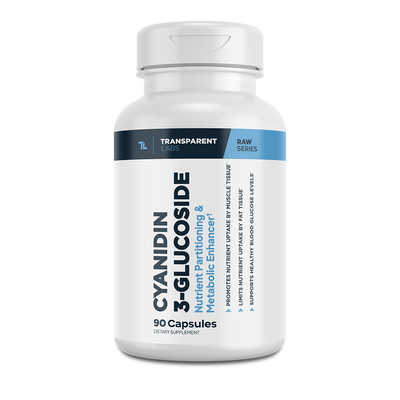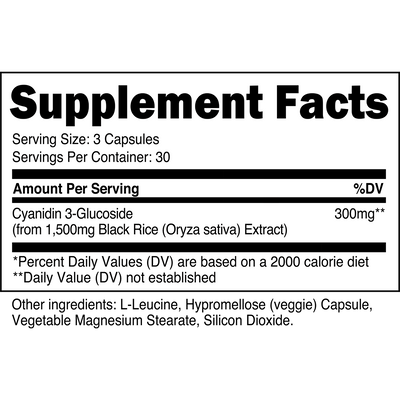Krill Oil vs. Fish Oil: Which Is Better for You, According to Science?

The popularity of krill oil has escalated in recent years. As another potent source of omega-3s, you’ve probably taken a closer interest in this fish oil alternative. But do the health benefits of krill oil match those of fish oil? Or is this new contender even more powerful?
Both fish oil and krill oil provide DHA and EPA omega-3 fatty acids, but fish oil has a higher concentration. However, krill oil is believed to have more antioxidants and greater absorption in the body due to its phospholipid omega-3s.In this article, we will go into more detail and explain what krill oil is and how it differs from fish oil. More importantly, we will scrutinize the health benefits of krill oil and fish oil to determine which is the better source of omega-3 essential fatty acids (EFAs).
What Are Omega-3 Fatty Acids?
Omega-3 fatty acids are polyunsaturated fatty acids that have numerous health benefits, from reducing inflammation to improving heart health. The most important omega-3 essential fatty acids for humans are divided into three classes:
- Alpha-linolenic acid (ALA)
- Docosahexaenoic acid (DHA)
- Eicosapentaenoic acid (EPA)
ALA can be found in vegetable oils, nuts, and seeds, including flaxseeds and flaxseed oil. On the other hand, DHA and EPA are abundant in oily fish (e.g., salmon and mackerel) and algae.
While omega-3 fatty acids are crucial to your overall health, they aren't produced by your body (hence, they are “essential”). The only way to get enough omega-3s is through your diet in the form of fresh fish or dietary supplements. The two most popular types of omega-3 oil supplements are krill oil supplements and fish oil supplements.
What Is Krill Oil?
Krill oil comes from krill, a tiny crustacean that resembles a shrimp. Among the many krill species, most krill oil is sourced from the Euphausia superba species, also known as Antarctic krill.
Despite being at the bottom of the marine food chain, the Antarctic krill is rich in long-chain omega-3 fatty acids — EPA and DHA. Unlike the usual fish oil, krill oil contains a powerful antioxidant called astaxanthin, which gives krill oil its dark red color. It also contains choline that ensures your cells function normally.
How Is Krill Oil Sourced?
Being a staple in the marine food chain — according to National Geographic, countless animals, including fish, birds, and whales, depend on krill as a food source — krill oil has to be sustainably sourced to prevent damaging the ocean ecosystem.
This led to the Commission for the Conservation of Antarctic Marine Living Resources (CCAMLR), setting an annual catch limit of 620,000 tons for krill harvesting around Antarctica. This figure represents 1% of krill available in the ocean, a much safer catch limit than that of global fish production.
In fact, the Antarctic krill fishery received an “A” rating by the Sustainable Fisheries Partnership (SFP) in 2018, meaning that it's well-managed and in excellent condition.
What Is Fish Oil?
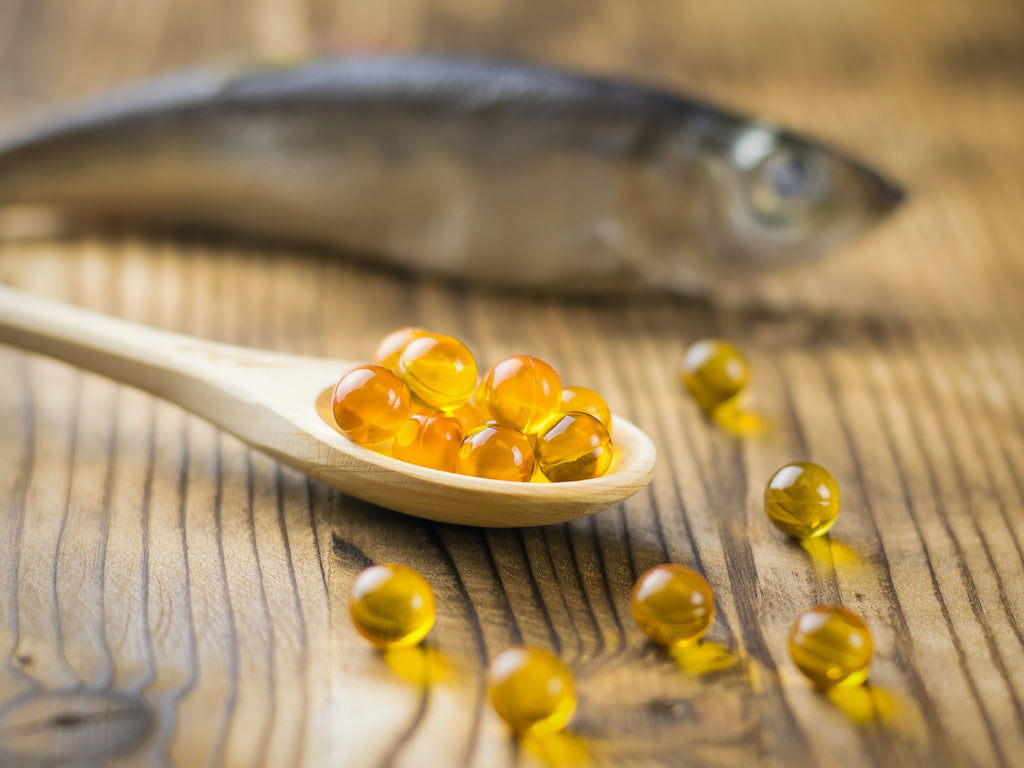
Fish oil is usually extracted from the tissue of fatty fish, which are high in essential fatty acids (EPA and DHA). Some examples include salmon, sardines, mackerel, tuna, and anchovies. Fish oil can also be obtained from the liver of codfish, giving rise to cod liver oil.
How Is Fish Oil Sourced?
Unlike the ethically and sustainably sourced krill, fish oil is normally obtained from depleting or already depleted wild fish stocks. Unsustainable fishing practices are worsening the problem.
According to a report by the International Food Policy Research Institute and World Fish Center, "most wild fisheries are near their maximum sustainable exploitation levels" with overfishing recognized as the "greatest environmental threat."
Health Benefits of Krill Oil vs. Fish Oil
While krill oil is dubbed as the alternative to fish oil, significant differences do exist between both types of oils, particularly in terms of health benefits. Read on to find out how krill oil compares with fish oil.
1. Is Krill Oil More Bioavailable Than Fish Oil?
To get the most out of your omega-3 oil supplement, you'll need to think in terms of bioavailability — how effectively the supplement is absorbed by your body. Due to significant differences in their molecular structure, the bioavailability of krill oil far surpasses that of fish oil.
In krill oil, 30-65% of the omega-3 fatty acids take the form of phospholipids. Conversely, the essential fatty acids in fish oil exist as triglycerides or free fatty acid esters. But how does this affect the bioavailability of omega-3s?
Phospholipids are an amphipathic component of the cell membrane, meaning that they are both water- and lipid-soluble. Phospholipids can be incorporated into the membrane directly.
By comparison, triglycerides are large molecules that need to be hydrolyzed by lipase enzymes present in the cell membrane before these fatty acids can be transported into the cell. This also means that it's more difficult for triglycerides to be absorbed into the cell.
As such, omega-3 fatty acid molecules in krill oil are better able to pass through the intestinal wall and be directly incorporated into cell membranes.
You'll also be happy to know that since krill oil is easily digestible compared to the average fish oil, krill oil supplements are far gentler on your stomach. Also, krill oil is less likely to cause fishy burps or a fishy aftertaste, compared to the average fish oil supplement.
2. Do Krill Oil and Fish Oil Improve Brain Health?
As a rich source of omega-3s, krill oil and fish oil possess tremendous benefits for your brain health, be it sharpening your thinking skills or enhancing your athletic performance on the field. But which omega-3 oil is better?
While phospholipids are a key component of all cells, they also act as chemical messengers in the brain. As such, it's likely that krill oil supports cognitive function and neuro-regeneration better than fish oil.
This theory was proven in a 2013 study published in Clinical Interventions in Aging. Healthy elderly subjects who took krill oil for 12 weeks had equal cognitive performance (working memory tasks) as those who took sardine oil, which contained a higher dose of EPA and DHA. The results suggest that due to the enhanced bioavailability of krill oil, it's easier for brain cells to take in more omega-3 fatty acids, even though krill oil has a lower dose of EPA and DHA. It’s also likely that at the same dosage of EPA and DHA, krill oil will improve brain health to a greater degree than fish oils.
3. Is Krill Oil More Effective Than Fish Oil for Reducing Inflammation?
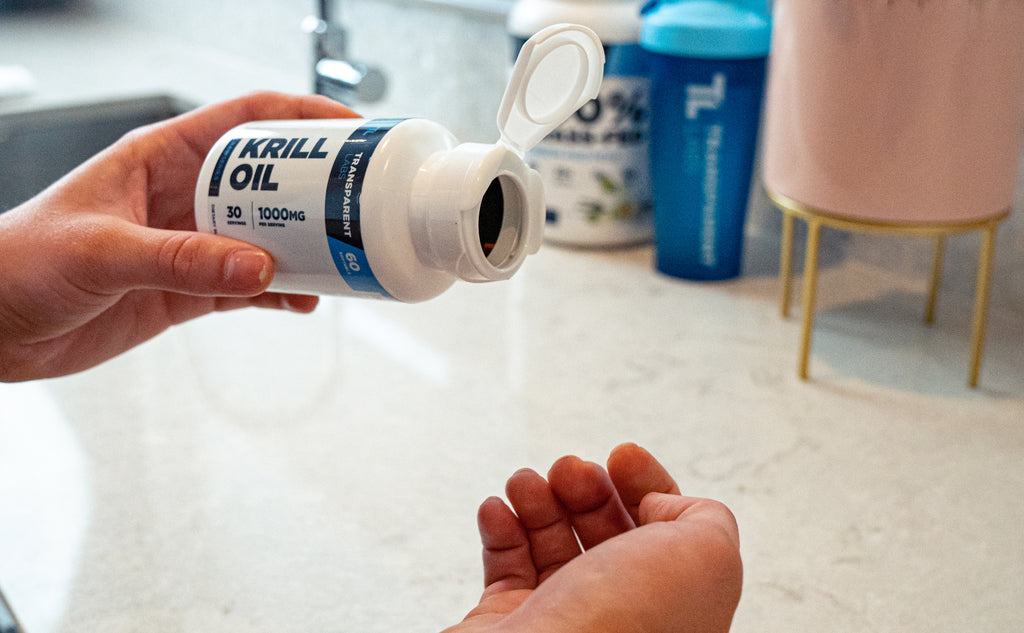
According to a 2019 study in the Journal of Biotechnology Reports, to compare the anti-inflammatory effect of each type of omega-3 oil, mice were given the same dose (500 mg) of either krill oil or fish oil. The results showed that krill oil "significantly reduces cytokines levels" more than fish oil. It's safe to say that krill oil is more effective in reducing inflammation, which helps sports injuries recover faster.
4. Can Krill Oil and Fish Oil Aid in Heart Health?
Did you know that heart disease is the leading cause of death in the United States? According to the American Heart Association, more than 800,000 people died from heart disease in 2017. Several physiological factors increase the risk of heart attacks and strokes, including:
- High blood pressure
- High triglycerides, a type of lipid present in your blood
- High levels of low-density lipoprotein (LDL), also known as bad cholesterol
- Low levels of high-density lipoprotein (HDL), also known as good cholesterol
Besides healthy eating and an active lifestyle, research has shown that taking omega-3 supplements may help reduce the risk of heart disease.
In a 2004 study published in the Journal of Alternative Medicine Review, krill oil and fish oil supplements both had beneficial effects on the heart health of hyperlipidemia patients.
More interestingly, krill oil was found to be more effective than fish oil in reducing blood glucose, LDL, and triglyceride levels. Long-term consumption of krill oil also helped regulate blood lipid levels. As such, krill oil is not only superior to fish oil in reducing the risk of heart diseases, but also ideal for improving your heart health over time.
5. Can Krill Oil and Fish Oil Increase Lipid Metabolism?
A 2013 study published in the European Journal of Nutrition compared the effects of krill oil and fish oil on lipid metabolism in mice subjects.
The study found that at similar doses of omega-3 fatty acids, krill oil was potentially better at promoting lipid metabolism than fish oil. In other words, ingesting krill oil may help encourage proper fat burning and weight loss.
6. Do Krill Oil and Fish Oil Have Antioxidant Activity?
Given that EPA and DHA are antioxidants, krill oil and fish oil help reduce oxidative stress. However, krill oil naturally contains additional antioxidants such as astaxanthin, vitamin A, and vitamin E.
In fact, a 2016 study featured in the Archives of Medical Science proclaimed that the ability of antioxidants in krill oil to absorb oxygen radicals is a whopping "48 times higher than fish oil."
7. Do Krill Oil and Fish Oil Help Improve PMS Symptoms?
Premenstrual syndrome can cause uncomfortable symptoms such as bloating, painful menstrual cramps (dysmenorrhea), and fatigue. Coupled with emotional changes like moodiness and anxiety, it can be difficult to get yourself out of bed, much less to the gym.
But did you know that taking krill oil or fish oil can help improve PMS symptoms? According to a clinical trial in the Journal of Alternative Medicine Review, test subjects with PMS took either krill oil or fish oil supplements for three months and experienced an improvement in their symptoms.
And that's not all. Krill oil outperformed fish oil in managing PMS symptoms — the krill oil supplement group took significantly fewer painkillers for their menstrual cramps as compared to those on fish oil.
8. Do Krill Oil and Fish Oil Contain Heavy Metals?
The purity of the omega-3 oil you're taking is crucial to its efficacy and safety as a health supplement. Krill, being relatively low on the food chain, feed mainly on algae. This greatly limits the concentration of heavy metals (e.g., mercury, arsenic, lead) in krill oil. As such, krill oil is often touted as the purest source of omega-3 essential fatty acids.
On the other hand, fish oil is often extracted from species higher up in the food chain. For instance, salmon oil is commonly used to make fish oil supplements. Being a predatory species, salmon often feeds on other fish, making it easy for heavy metals to accumulate in its body. Hence, salmon oil used in fish oil supplements may also contain the same harmful contaminants.
To compound the problem further, some fish oils are made from fish caught in contaminated waters. This increases the concentration of heavy metals present in these fish oil supplements. Consuming fish oil supplements with heavy metals in them may lead to health issues in the long term.
Are There Any Side Effects of Krill Oil?
In general, krill oil is ideal if you want to boost your daily omega-3 intake and enjoy greater health benefits than what fish oil could offer. However, as krill oil is sourced from the crustacean, krill, it may cause a negative reaction if you have a shellfish allergy.
Also, if you're currently taking blood thinners, it's best to avoid omega-3 oil supplements altogether. Omega-3 fatty acids have a mild blood-thinning effect that could interfere with your medication and potentially result in low blood pressure or bleeding.
CoreSeries Krill Oil by Transparent Lab

If you're interested in krill oil supplements, you may want to consider the CoreSeries Krill Oil by Transparent Lab. As an elite health supplement extracted exclusively from the Antarctic krill species, Euphausia Superba, CoreSeries Krill Oil contains the highest purity omega-3 phospholipids for optimal results. As a more bioavailable source of omega-3s than conventional fish oils, this krill oil supplement is easy to digest with no reflux or fishy aftertaste.
The Verdict: Krill Oil and Fish Oil Are Both Beneficial to Human Health
In summary, the main difference between the two types of omega-3 oils is the greater bioavailability of phospholipid omega-3s in krill oil compared to the triglyceride and ethyl ester forms of EFAs found in fish oil products.
But, does this mean you should replace all your fish oil supplements with krill oil? Not necessarily. As the above research suggests, fish oils may provide some worthwhile health benefits, too. Odds are, something is better than nothing when it comes to most EPA/DHA supplements.
Nevertheless, if you’ve never tried or enjoyed fish oils, you may want to try a krill oil supplement instead.

